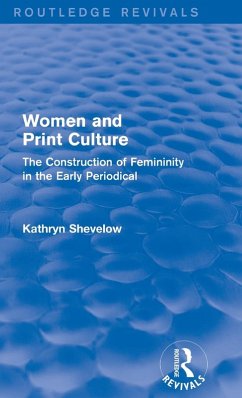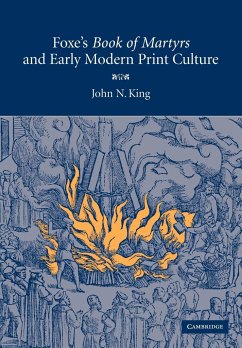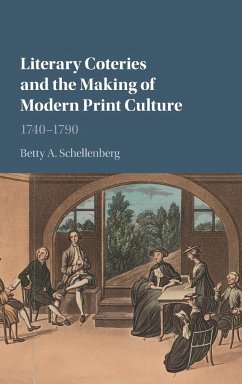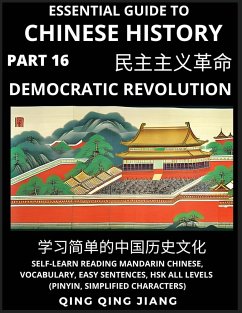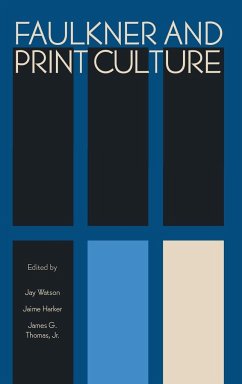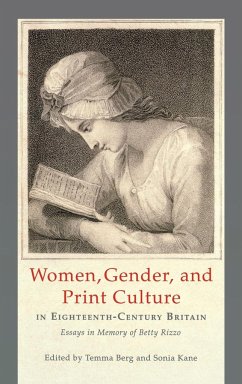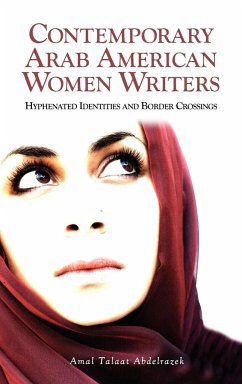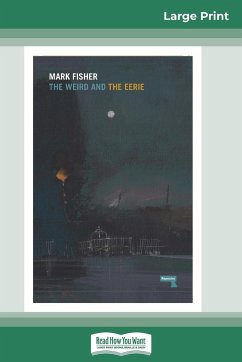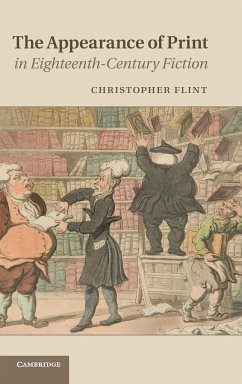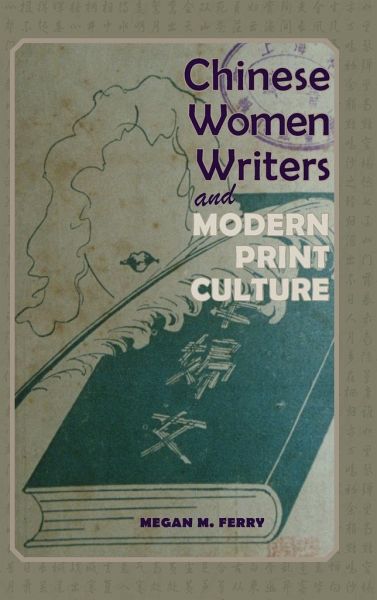
Chinese Women Writers and Modern Print Culture
Versandkostenfrei!
Versandfertig in 1-2 Wochen
91,99 €
inkl. MwSt.

PAYBACK Punkte
46 °P sammeln!
Print media in early twentieth-century China was the primary vehicle that told the collective stories of China’s modernity and women’s emancipation, and it was the central medium for promulgating the new cultural values and beliefs of an emerging republic. Because of its broad reach, print media played an influential role in informing and molding the social beliefs, attitudes, and ideological messages of radical cultural transformation. Yet its power in constructing a gendered ideology of China’s modernity has only begun to attract critical attention. The widespread public exposure of mo...
Print media in early twentieth-century China was the primary vehicle that told the collective stories of China’s modernity and women’s emancipation, and it was the central medium for promulgating the new cultural values and beliefs of an emerging republic. Because of its broad reach, print media played an influential role in informing and molding the social beliefs, attitudes, and ideological messages of radical cultural transformation. Yet its power in constructing a gendered ideology of China’s modernity has only begun to attract critical attention. The widespread public exposure of modern Chinese women writers in the 1920s and 1930s generated interest in women’s creative output. The publishing field was the chief cultural forum within which other women looking for role models assessed their experiences in modernity. At the same time, however, this forum was limited by parameters that defined the labor of "women writers" (nüzuojia) as largely sentimental, unstructured, politically disengaged or naively subjective and unable to see the "larger picture" of humanity. Therefore, the value of women’s creative output was classified alongside the dominant narrative that conditioned readers’ responses to women’s literary output as evidence of women’s incomplete emancipation. The liberation of the newly styled women occurred in an industry whose power was the basis of the nation’s new cultural construction, yet despite there being exemplary women within the industry, there is no evidence of women as drivers of culture or in sustained cultural leadership roles to the same extent or with the same cultural weight as their male peers. Women intellectual’s status as cultural producers, as it was codified in print media, has yet to be more fully explored so that we can better understand the relationship between gender ideologies and media. By deconstructing the hidden visual and linguistic signs of modernity’s promise for women’s equality and freedom one can begin to understand why, a century later, contemporary female authors confront obstacles similar to their pre-1949 predecessors. The social category of "women writers" is one among many that lets us examine how media’s visual and linguistic signs of difference express cultural identity norms and codify the modern individual. This is the first study to analyze the gendered ideologies of Chinese print media and political culture in a single work. It employs media analysis to examine the way paratexts create and reproduce gendered norms, especially through persistent material and discursive mechanisms that framed women authors and their textual production. Though a plethora of women’s voices resonated throughout the literary publications, journals, and newspapers, these voices were framed by print media’s apparatus that marked women as belonging to a sphere of difference. This marked difference highlights a contradictory outcome of women’s emancipation and gender equality. Chinese Women Writers and Modern Print Culture is an important book for scholars in the fields of Asian studies, media studies, and women and gender studies.



